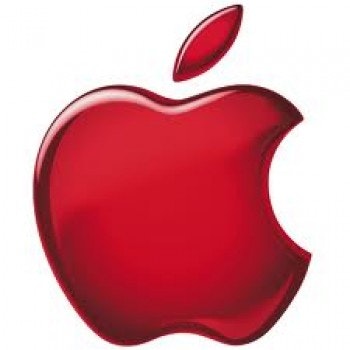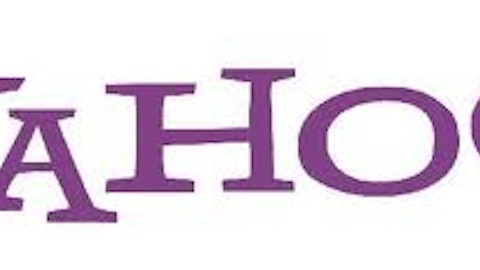It looks like iPad hegemony is on the decline. Market researcher IDC has just released its preliminary estimates on tablet shipments in the fourth quarter, and Apple Inc. (NASDAQ:AAPL) is giving up some ground in terms of market share as competition escalates.

| Vendor | Q4 2012 Shipments | Q4 2012 Market Share |
|---|---|---|
| Apple | 22.9 million | 43.6% |
| Samsung | 7.9 million | 15.1% |
| Amazon | 6 million | 11.5% |
| Asus | 3.1 million | 5.8% |
| Barnes & Noble | 1 million | 1.9% |
| Others | 11.6 million | 22.1% |
| Total | 52.5 million | 100% |
Source: IDC. Figures may not sum due to rounding.
A year ago, Apple Inc. (NASDAQ:AAPL) had a market share of 51.7%, so in percentage terms that’s a big drop. However, remember that the broader tablet market is exploding, and soared by 75% in units to 52.5 million. Since tablet adoption is on the rise, a drop in market share can still come with a big jump in iPad units sold. Apple Inc. (NASDAQ:AAPL) shipped 22.9 million units in the quarter, a 48% increase from a year ago.
Make room for Sammy
Much like how Samsung has made progress in the smartphone market, it’s doing the same in the tablet market. Some of the South Korean company’s gains come from Microsoft Corporation (NASDAQ:MSFT) Windows 8 tablets along with its usual fare of Android gadgets. Samsung saw total unit shipments skyrocket from 2.2 million in Q4 2011 to 7.9 million in Q4 2012, enough to grab it 15.1% of the market.
The new Kindle Fire HDs were also bound to be a big hit, following in the success of the first-generation model. Amazon’s Android tablet saw 6 million units move during the holidays, which is more information than you’ll get from the company itself other than its claim about it being the “#1 best-selling, most gifted, and most wished for product.” Investors want actual unit figures, Bezos, and they’ll get them one way or another.
Good news and bad news
Asus has also become a major player, thanks to its partnership with Google making the Nexus 7. The 3.1 million units that it shipped ranked Asus the No. 4 vendor with a 5.8% market share. Perhaps more importantly, if you cross-reference that total with CFO David Chang’s statements in November that the company is now building approximately 1 million Nexus 7 units per month after ramping up production, that suggests that the Nexus 7 comprised the vast majority of Asus’ tablet units during the fourth quarter.
That’s a double-edged sword for Asus, since there’s no way that Asus is making much money on the device at $199 and is likely assuming the role of merely a contract manufacturer. That also implies that Asus’ other tablets are faring rather poorly, including its higher-end Transformer series of Android tablets that compete directly with the iPad.
There’s a reason why most hardware OEMs aren’t venturing down to the $199 price point: because it’s not profitable.
Don’t worry
While ceding some market share certainly isn’t a good thing for Apple Inc. (NASDAQ:AAPL), it’s still by far the top tablet vendor with a 28.5% lead over its runner-up. Looking at the bigger picture, IDC also recently estimated that the broader tablet market would soar to 282.7 million units by 2016, with roughly half of those being iPads.
That would make the iPad a $56 billion business in just three years. Apple Inc. (NASDAQ:AAPL) doesn’t have anything to worry about quite yet.
The article Is Apple’s Falling Tablet Market Share Cause for Concern? originally appeared on Fool.com and is written by Evan Niu, CFA.
Fool contributor Evan Niu, CFA, owns shares of Apple. The Motley Fool recommends Amazon.com, Apple, and Google. The Motley Fool owns shares of Amazon.com, Apple, Google, and Microsoft.
Copyright © 1995 – 2013 The Motley Fool, LLC. All rights reserved. The Motley Fool has a disclosure policy.





